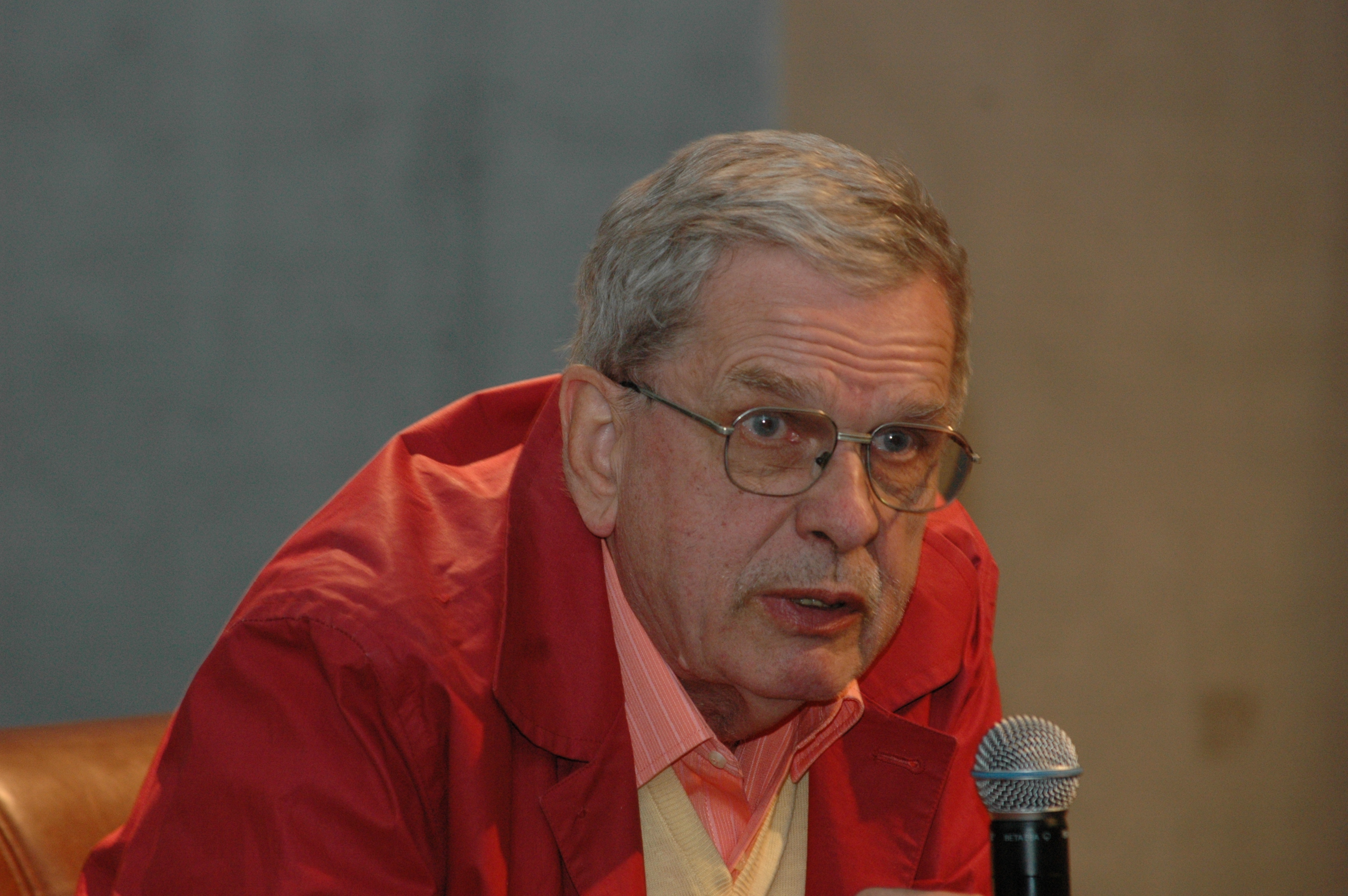An alternative in a world without alternatives
April 19, 2016 -
Tomas Venclova
-
Discussion

In these less fortunate times, all I can say with certainty is that the 21st century will not be easy. In the worst case scenario, it will be as difficult as, or possibly even more so, than the 20th century, even though we all thought that the horror of the previous 100 years could never be repeated. Due to my age, I will not see a great deal of this new century. Nonetheless, I care about the future of my grandchildren (one of them lives in Russia). I believe that we will be able to avoid the worst case scenario only if we do not get infected by the spirit of the enemy.
This means that we should avoid panic and hysteria, not succumb to archaic stereotypes, restrain from judging others based on group criteria, try not to see the fifth column in every nook and cranny and not practice national hurly-burly, or to put it another way, engage in false verbal patriotism. Instead, we should calmly and without fuss grow in power and become civilised, so that when necessary, we can defend ourselves, and even in the face of defeat, our essence will remain untouched. In such a scenario, our loss will only be temporary. Irresponsible politicians are willing to risk this with an escalation of secondary issues using simple gestures (by posturing with symbols of times gone by) which may improve their election chances but not guarantee anything essential.
We are Europe and Europe’s fate is our fate. Thus, even when Europe makes one or two steps that we do not like or makes a tactical compromise that we disagree with, we should not fall under the impression that we are smarter or more experienced than those making the decisions. I have faith that values such as democracy and freedom remain in Europe’s flesh and blood, something that has been absorbed for centuries and cannot easily be destroyed. If we found ourselves on the frontlines and in the trenches, then discipline, prudence and calm endurance are necessary qualities to possess, as well as co-operation with our allies, especially those on our flanks.
Unfortunately, our political identity is not yet fully European. Thus, hysteria and demagogy are still in vogue. We partially live in the 19th century, as evidenced by that century’s categories regarding the survival of the fittest, spheres of influence, territorial expansion, “sacred national missions” and other such things. Such is the world of Vladimir Putin. It is not worth copying, since it is a path that leads to a dead end. In our world, those who claim that they are the steadfast guardians of values are usually fulfilling their own desires or are seeking repentance for their earlier collaboration(s).
Let me quote the words of the Russian poet Nikolay Gumilyov, who was shot by Putin’s direct predecessors, the St Petersburg Cheka, and who, in his poem “My Readers”, wrote:
“but when bullets whistle,
When weaves crack in ships,
I teach them not to be afraid,
not to be afraid, and to do what must be done”
I highlight these words because in my view, “not being afraid and doing what must be done” is the alternative in our “world without alternatives”.
Translated by Iwona Reichardt
Tomas Venclova (born in 1937) is a Lithuanian poet, prose writer and literary translator.
This text has been adopted from the book Poszukiwanie optymizmu w epoce pesymizmu. Europa Wschodnia – przeczucia i prognozy (Searching for optimism in the times of pessimism. Eastern Europe – intuitions and prognoses) which is a collection of letters between Tomas Venclova and Leonidas Donskis. The book was published by the Jan Nowak-Jeziorański College of Eastern Europe in 2015.

































